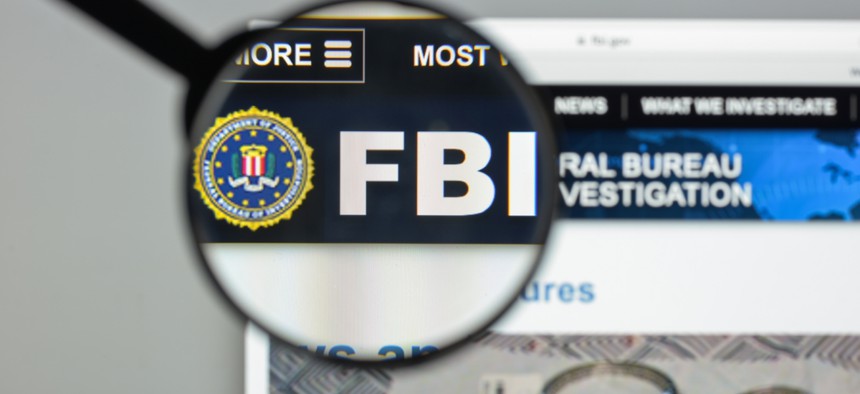FBI Fights Viral Influence Campaigns With Informational Videos

Casimiro PT/Shutterstock.com
The videos offer security tips that could benefit all internet users.
With midterm elections fast approaching, the FBI on Thursday released a dozen informational videos detailing ways political campaigns can protect themselves against cyberattacks from foreign powers.
The Protected Voices initiative covers a wide range of cybersecurity topics—including software patching, secure communications, password protection and browser safety—that can help campaigns fend off the most common attacks.
“Foreign influence operations … are not a new problem,” officials said on the site, “but the interconnectedness of the modern world, combined with the anonymity of the Internet, have changed the nature of the threat and how the FBI and its partners must address it.”
In the videos, FBI personnel explain how foreign actors use phishing emails, public Wi-Fi and insecure routers to infiltrate and disrupt campaigns, and how virtual private networks, cloud services and cyber hygiene principles could mitigate those threats. They stress that anyone who goes online regularly could benefits from such cyber best practices, not just political campaigns.
The initiative comes as part of the bureau’s newly launched Combating Foreign Influence web page, which details the most common strategies foreign governments use to sow discord and impair the democratic process and describes the ways the bureau’s Foreign Influence Task Force is fighting back against such campaigns.
Through the site, FBI said it intends to educate the public about influence operations’ impact on society and help candidates bolster their campaigns against potential attacks.
Social media sites have fallen under intense scrutiny after investigations revealed Russian actors co-opted the platforms to spread misinformation and weaken candidate Hillary Clinton’s 2016 presidential run. But while lawmakers and agencies have demanded greater transparency from the platforms to curb future attempts, the site warns social media is just one of many tools groups use to influence elections.
Bad actors might target specific individuals through intelligence operations, offer illegal campaign financing or work to suppress voter turnout, officials said. They could also launch cyberattacks against voting infrastructure or hack the computer systems of election workers.
The FITF—experts from the bureau’s counterintelligence, cyber, criminal and counterterrorism divisions—is working with intelligence agencies, tech companies, and state and local governments to understand the threats of influence campaigns and fight back against them. Still, the bureau encourages state and local election officials to flag any suspicious activity they encounter to their local FBI office.






